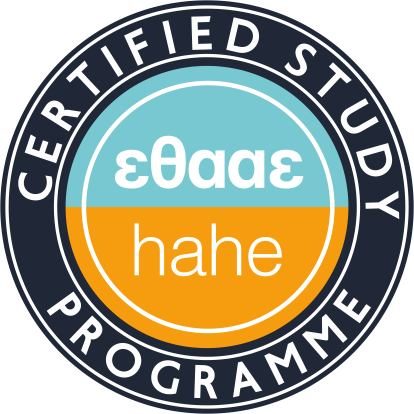
Astronomical Institute
Czech Academy of Sciences
Abstract:
Searching the data of gravitational-wave detectors for signals from compact binary mergers is a computationally demanding task. Recently, machine learning algorithms have beenproposed to address current and future challenges. However, the results of these publications often differ greatly due to differing choices in the evaluation procedure. The Machine Learning Gravitational-Wave Search Challenge was organized to resolve these issues and produce a unified framework for machine-learning search evaluation. Six teams submitted contributions, four of which are based on machine learning methods and two are state-of-the-art production analyses. We describe the submission from the team TPI FSU Jena and its updated variant. We also apply our algorithm to real O3b data and recover the relevant events of the GWTC-3 catalog.



